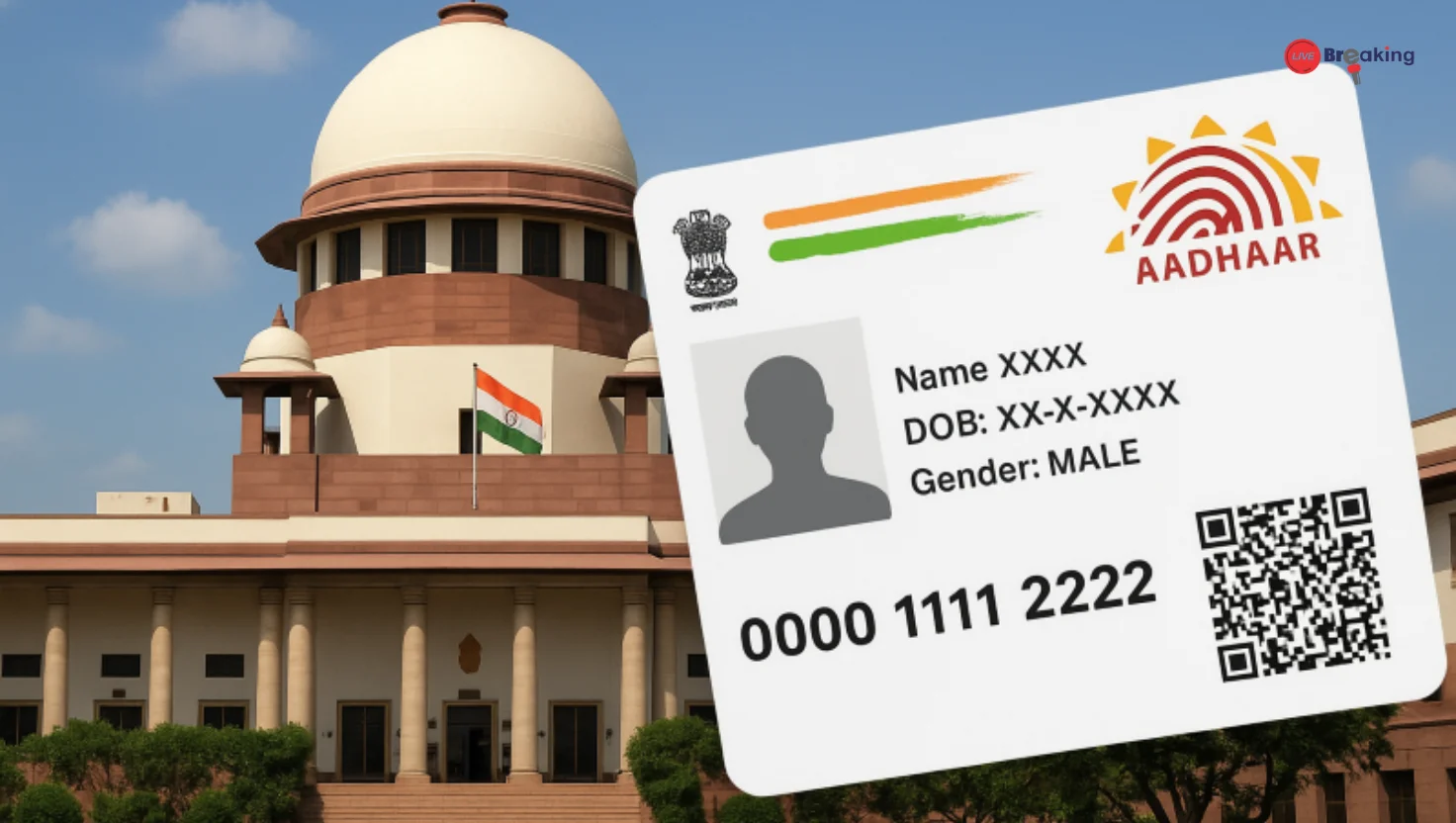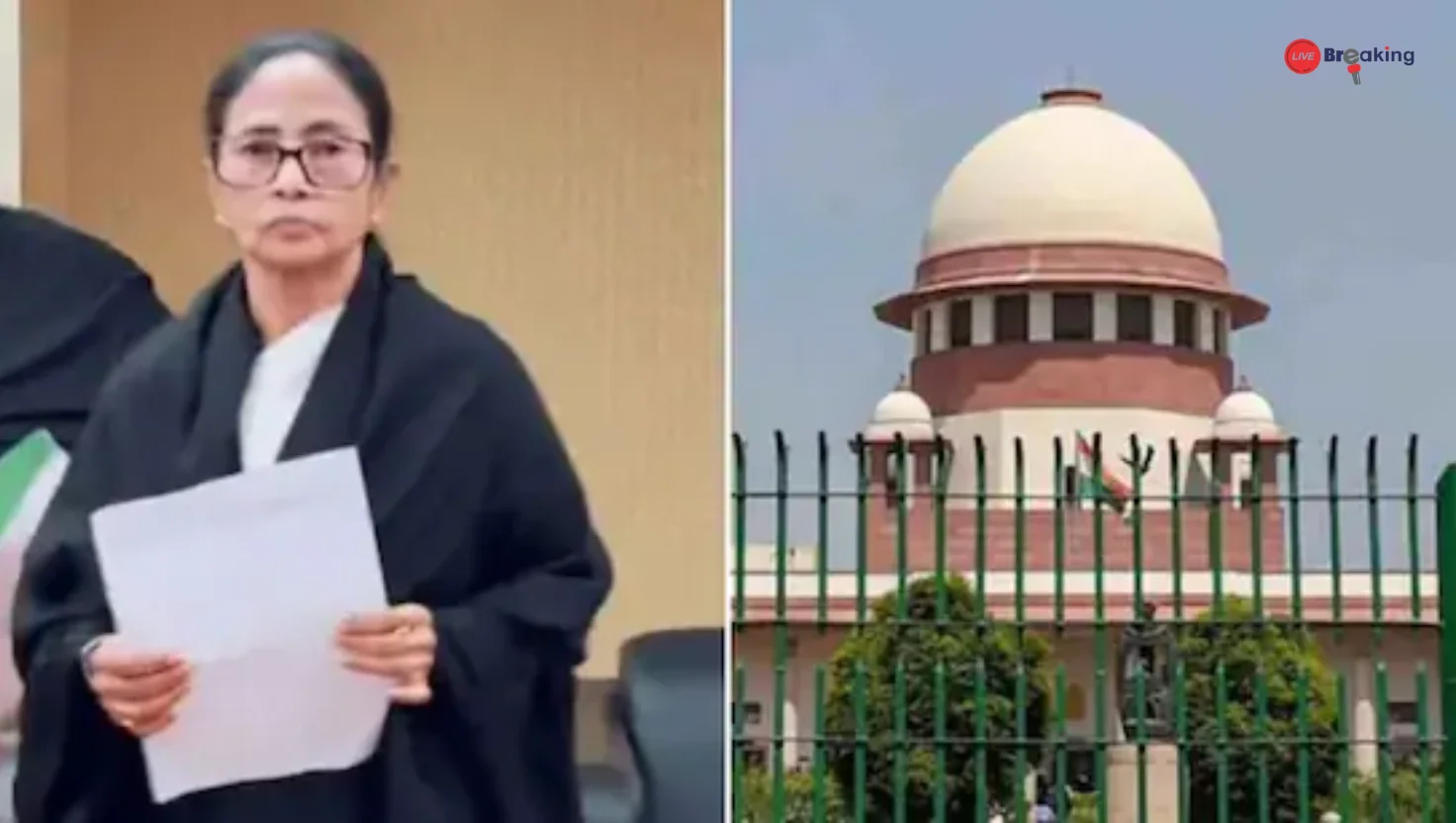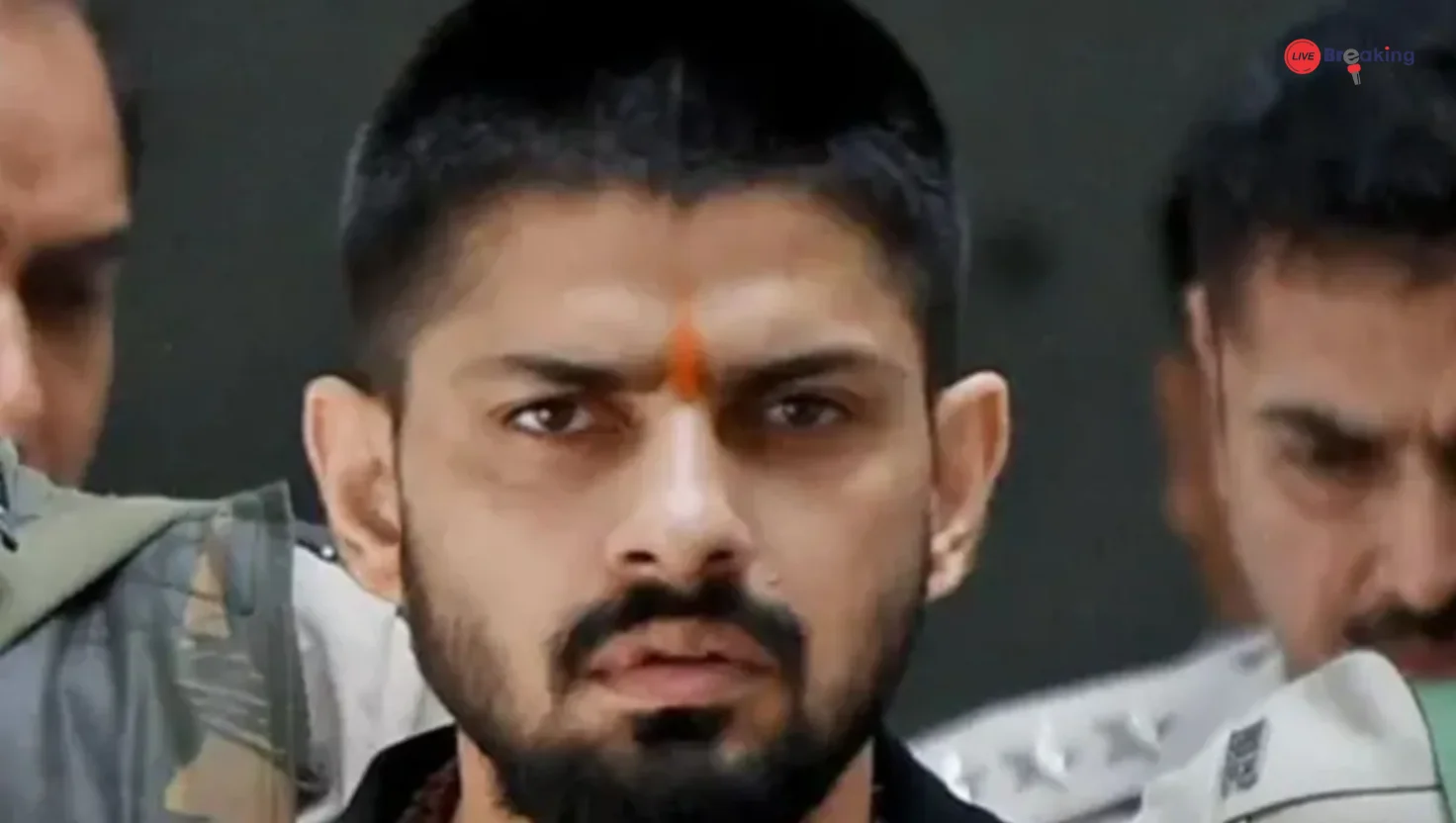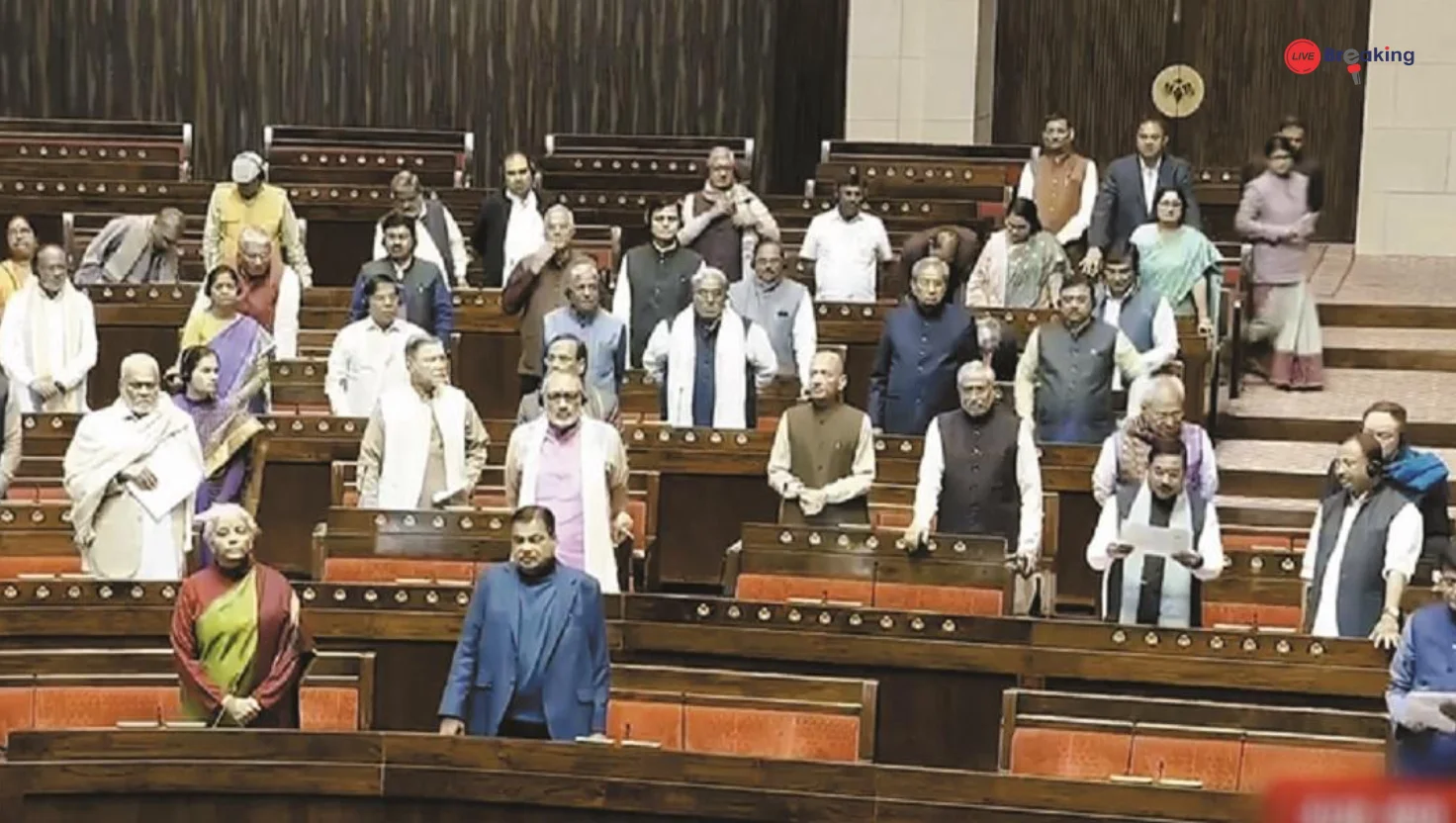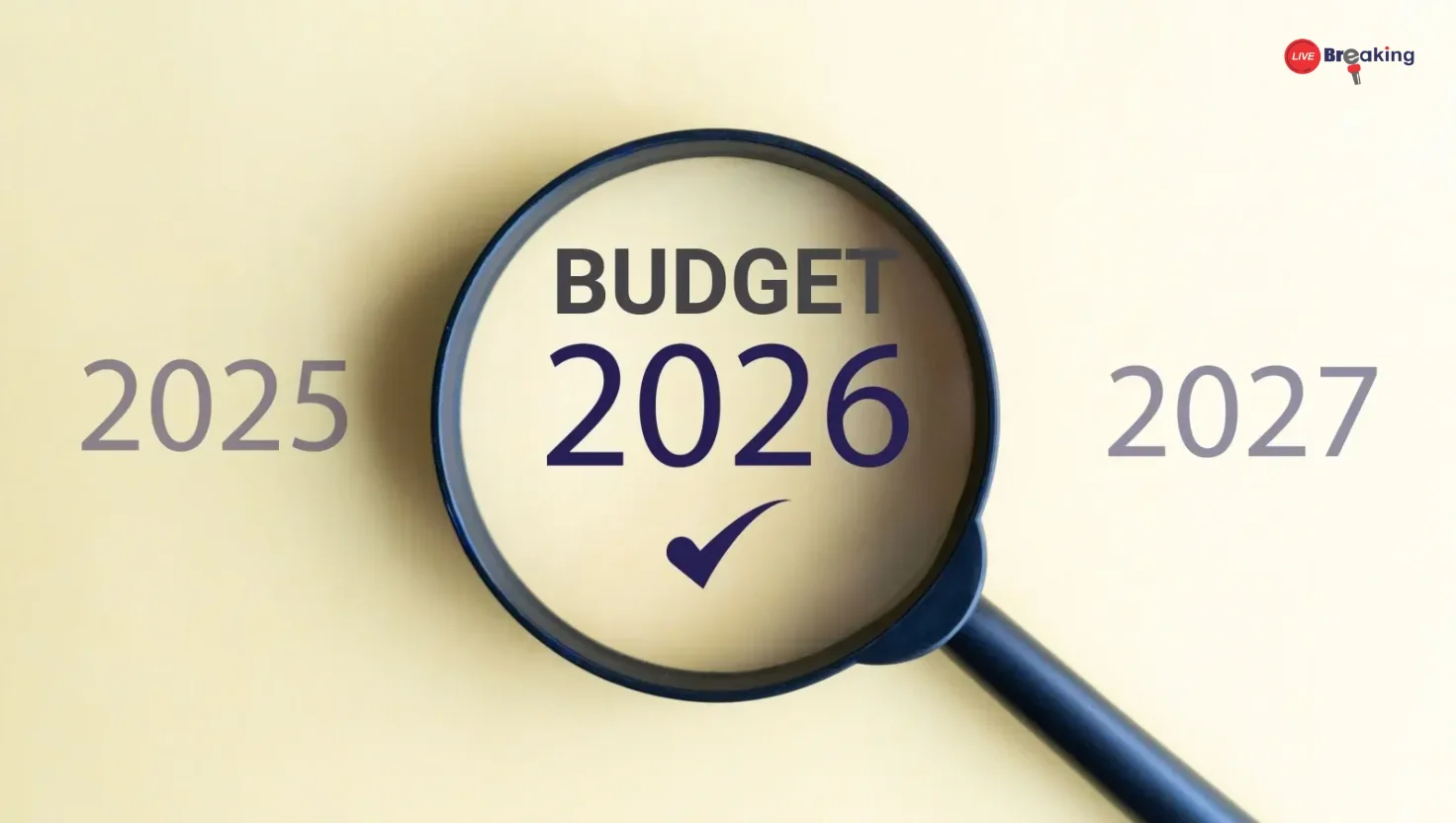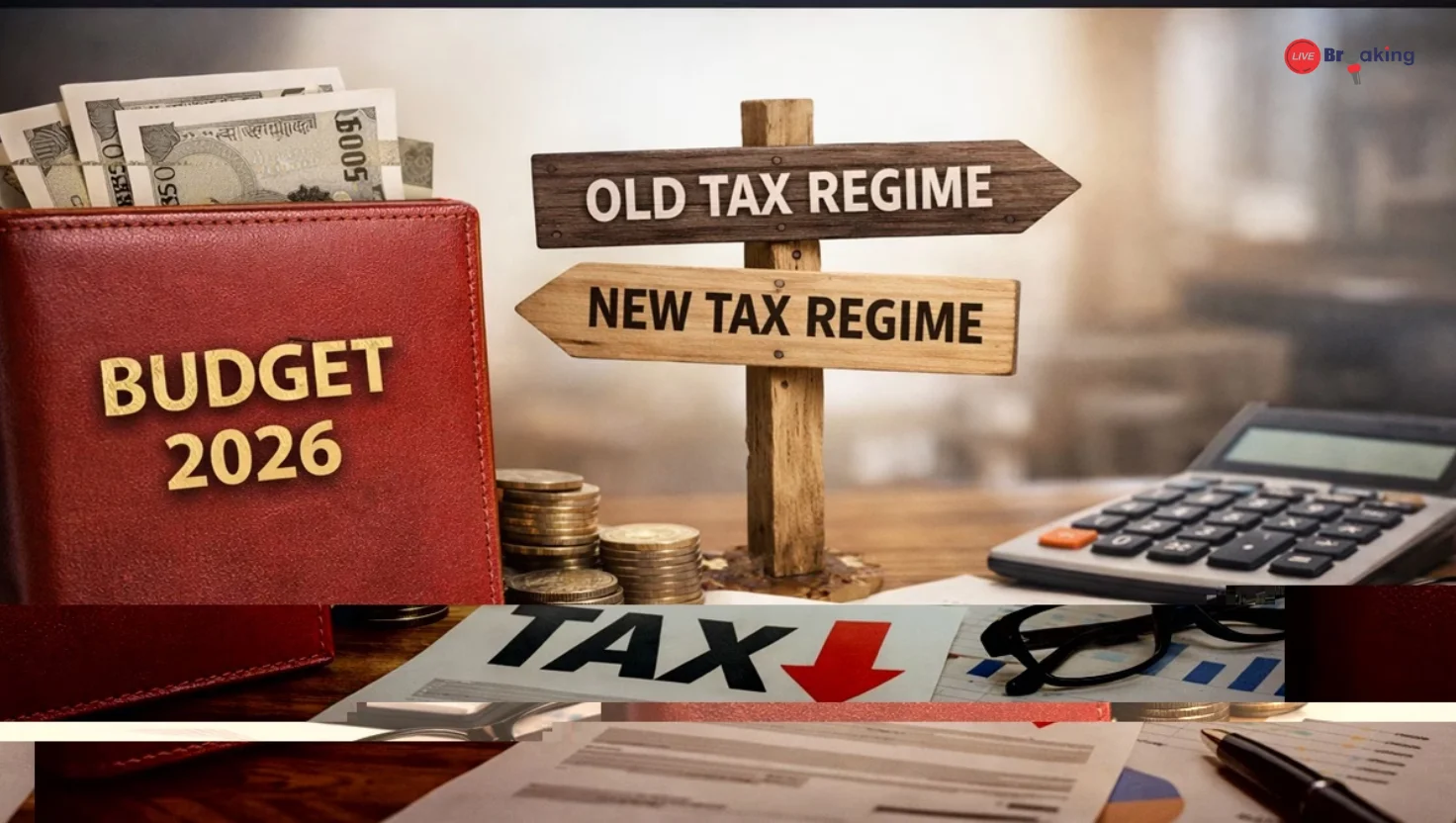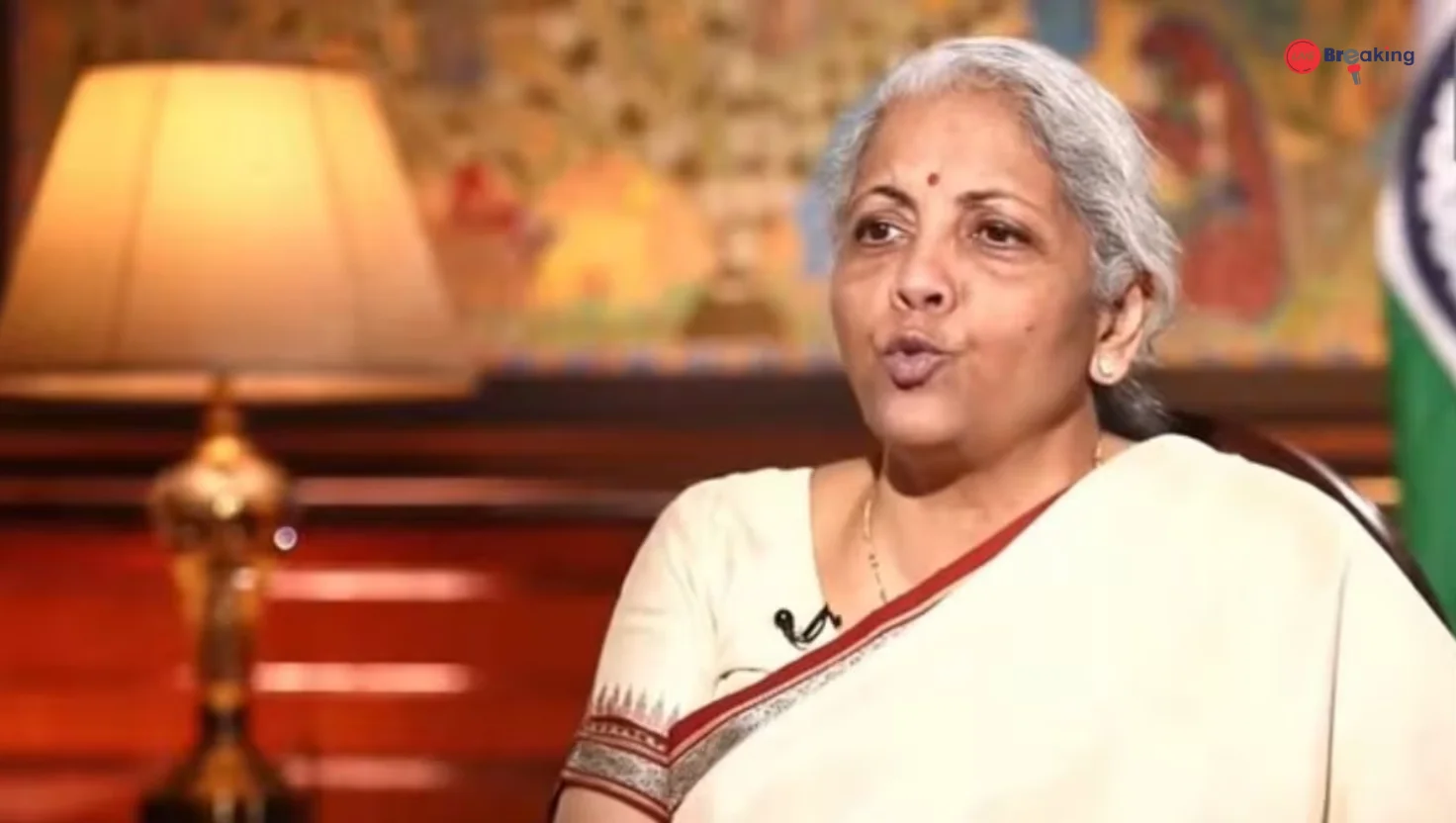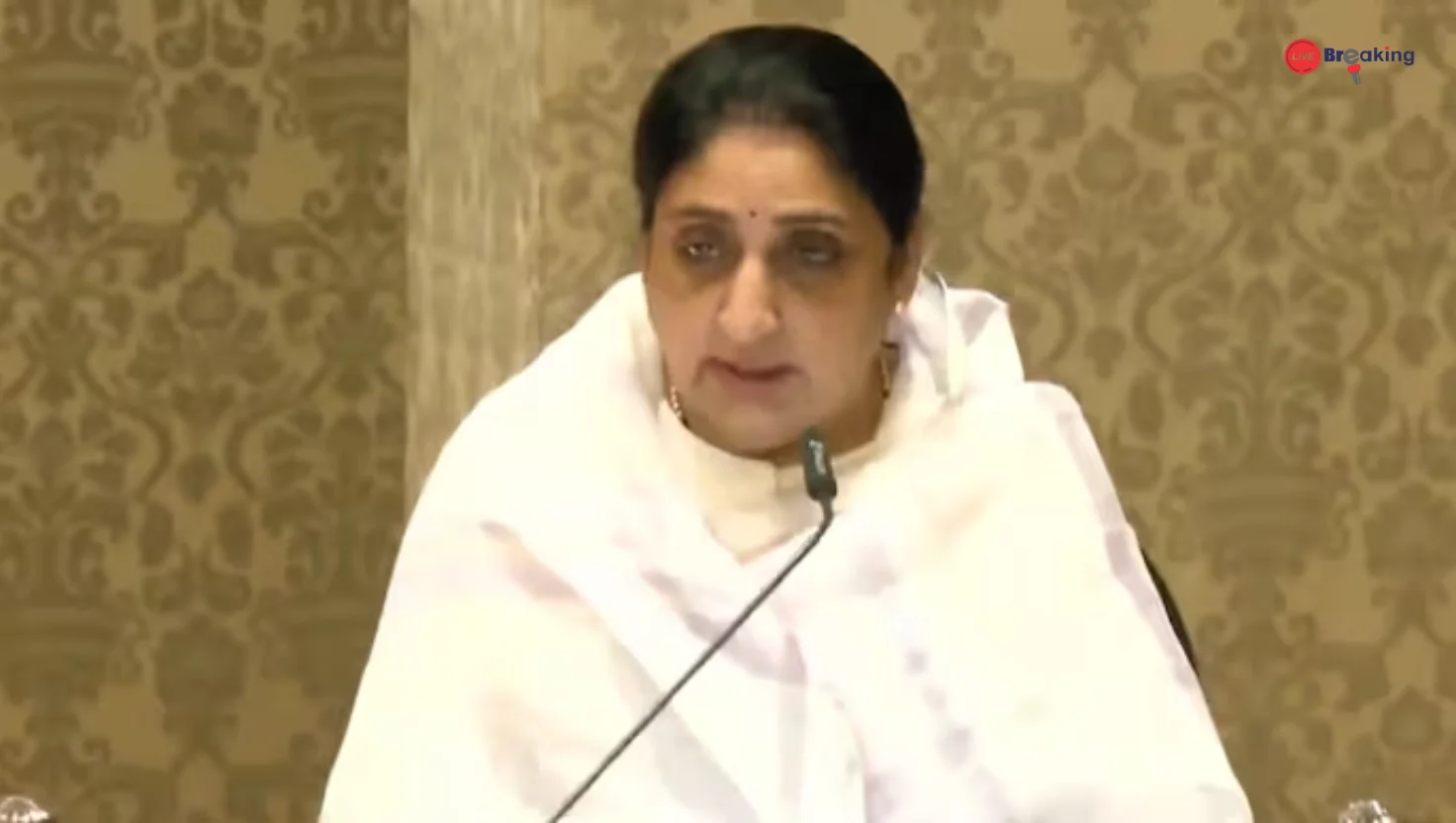Top Court Clears Aadhaar for Voter List Update
In a significant ruling that could reshape India’s electoral landscape, the Supreme Court has upheld the legality of linking Aadhaar numbers with voter identification, paving the way for more accurate and updated electoral rolls. The judgment affirms the constitutional validity of using Aadhaar for voter roll revision, emphasizing that the move serves a legitimate purpose of enhancing electoral integrity and curbing malpractices such as duplication and bogus voting.
The verdict comes after a series of petitions questioned the legality and privacy implications of integrating Aadhaar with the voter database maintained by the Election Commission of India (ECI). Petitioners argued that such a linkage could lead to voter disenfranchisement, especially among marginalized populations, and potentially infringe upon citizens’ fundamental right to privacy.
However, the apex court, while acknowledging these concerns, ruled that the Aadhaar-voter link—when implemented with adequate safeguards—does not violate constitutional rights. The bench emphasized that the initiative is voluntary, and mechanisms are in place to ensure that no citizen is denied the right to vote solely due to the absence of an Aadhaar number.
Focus on Electoral Integrity and Transparency
In its detailed observations, the court noted that the credibility of the electoral process is a cornerstone of a functioning democracy. One of the persistent challenges faced by the Election Commission has been the presence of duplicate or fraudulent entries in the voter rolls. The use of Aadhaar, which is backed by biometric authentication, could help in identifying and removing such anomalies more effectively than traditional methods.
The judgment stated that while concerns about privacy and potential misuse of data are valid, they must be weighed against the larger public interest in ensuring fair and transparent elections. The court also noted that the existing legal framework under the Election Laws (Amendment) Act allows for Aadhaar linking with appropriate checks, and any misuse of the system can be challenged and remedied through legal means.
The court further observed that the ECI must ensure that data handling practices remain in strict compliance with data protection norms, and citizens must be given clear communication about their rights, including the voluntary nature of Aadhaar submission.
No Voter Should Be Disenfranchised
One of the key clarifications in the verdict is that the absence of Aadhaar cannot be a ground to delete or exclude any individual from the electoral rolls. The court instructed the Election Commission to continue providing alternative means of verification to accommodate those who do not possess Aadhaar or choose not to link it with their voter ID.
Read more: India Gets 5% Oil Price Cut from Russia Amid US Trade Strains
This direction is particularly important given past instances where reports emerged of voters being dropped from rolls after Aadhaar-related discrepancies. The court’s judgment seeks to strike a balance—endorsing technological advancement in electoral administration while upholding the democratic right of universal suffrage.
A Step Towards Cleaner Elections
The Election Commission has welcomed the verdict, stating that it strengthens the institution’s ongoing efforts to clean up electoral rolls and promote free and fair elections. Officials indicated that the Aadhaar-voter link will now be implemented with renewed confidence, focusing on public outreach and transparency.
Experts believe that the judgment provides much-needed clarity on the legal position of Aadhaar in the electoral context. While it stops short of making the linkage mandatory, it offers legal sanction to the practice, enabling the ECI to continue its work while being mindful of privacy rights and inclusivity.
Read more: Everything Matched Body For Body, Gun For Gun: Trump-Putin Alaska Summit
The Road Ahead
With the Supreme Court’s backing, the process of Aadhaar linking is likely to accelerate in the coming months, especially in the run-up to state and national elections. However, challenges remain. Ensuring that the process is genuinely voluntary, that no voter is unjustly removed, and that data is handled with utmost care will be critical in maintaining public trust.
Civil society groups and digital rights activists have urged the government and the ECI to tread carefully, calling for transparent procedures, grievance redress mechanisms, and independent audits of the voter database.
In the final analysis, the ruling marks a decisive moment in India’s journey toward electoral reform. By upholding the Aadhaar-voter link, the Supreme Court has signaled that technology can play a constructive role in deepening democracy—provided it is used with accountability, fairness, and respect for constitutional values.

